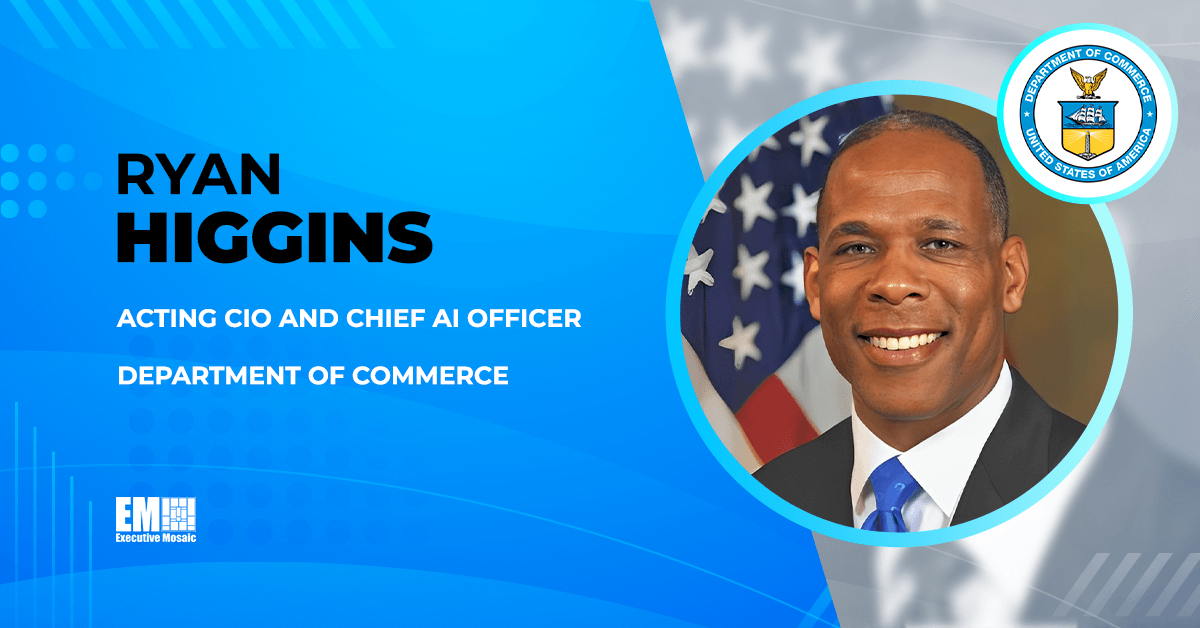As a practitioner in the field of artificial intelligence (AI) and business innovation, I have witnessed firsthand the transformative impact of AI on organizations across industries. In this article, I will shed light on a burgeoning role that is becoming increasingly essential for companies looking to harness the full potential of AI: the Chief Artificial Intelligence Officer (CAIO).

The CAIO is a relatively new role that has gained prominence in recent years. According to my research and analysis, a CAIO’s responsibilities extend beyond just technical matters and involve managing the deployment and implementation of AI within an organization. CAIOs play a crucial role in improving workforce efficiency, identifying new revenue streams, mitigating ethical and security risks, and ensuring accountability, leadership, and oversight of AI technology.
One of the most significant responsibilities of a CAIO is to ensure that their organization is making the most of the latest advancements in AI technology. They must have a deep understanding of AI tech, machine learning, data science, and analytics, as well as legal and change management skills. A CAIO must be able to navigate the ethical and security risks associated with AI, while also identifying opportunities to apply AI in their organization and making a compelling business case for doing so.
Another critical aspect of a CAIO’s role is change management. AI is not just a technology but a culture change, as evidenced by the need to socialize and evangelize the technology, as well as manage employee expectations and concerns. CAIOs must be able to quell fears that their jobs may be replaced by AI and instead reframe AI as a tool that can enhance human creativity and productivity.
Moreover, CAIOs must also possess a strong legal and ethical grounding to ensure responsible and transparent use of AI. They must be aware of the legal and regulatory landscape surrounding AI and be prepared to navigate any potential compliance risks. Additionally, CAIOs must have a keen awareness of the ethical implications of AI and must be able to make informed decisions that align with their organization’s values and mission.
Beyond technical and ethical considerations, CAIOs must have a strong business acumen to identify new revenue streams and improve workforce efficiency. They must be able to connect the dots between AI and business strategy, and demonstrate the return on investment (ROI) of AI projects to senior leadership. CAIOs also need to have excellent communication skills, as they will be responsible for presenting complex technical concepts to non-technical stakeholders.
Looking ahead, I believe that the role of a CAIO will continue to evolve and become even more critical as AI becomes increasingly integrated into the fabric of business operations. However, it’s important to note that CAIOs are not alone in their quest to harness the power of AI. Instead, they are the point person responsible for coordinating and overseeing the deployment of AI across various departments and functions. CAIOs must be able to build and manage cross-functional teams, and bring together experts from different areas to ensure successful AI projects.
The CAIO role is a multifaceted and critical one, requiring a deep understanding of AI technology, business strategy, legal and ethical considerations, and change management. CAIOs play a vital role in helping organizations navigate the complex landscape of AI, ensuring that they are making the most of this transformative technology. As we move towards an increasingly automated world, the importance of having a dedicated leader to oversee the implementation of AI within organizations cannot be overstated.

